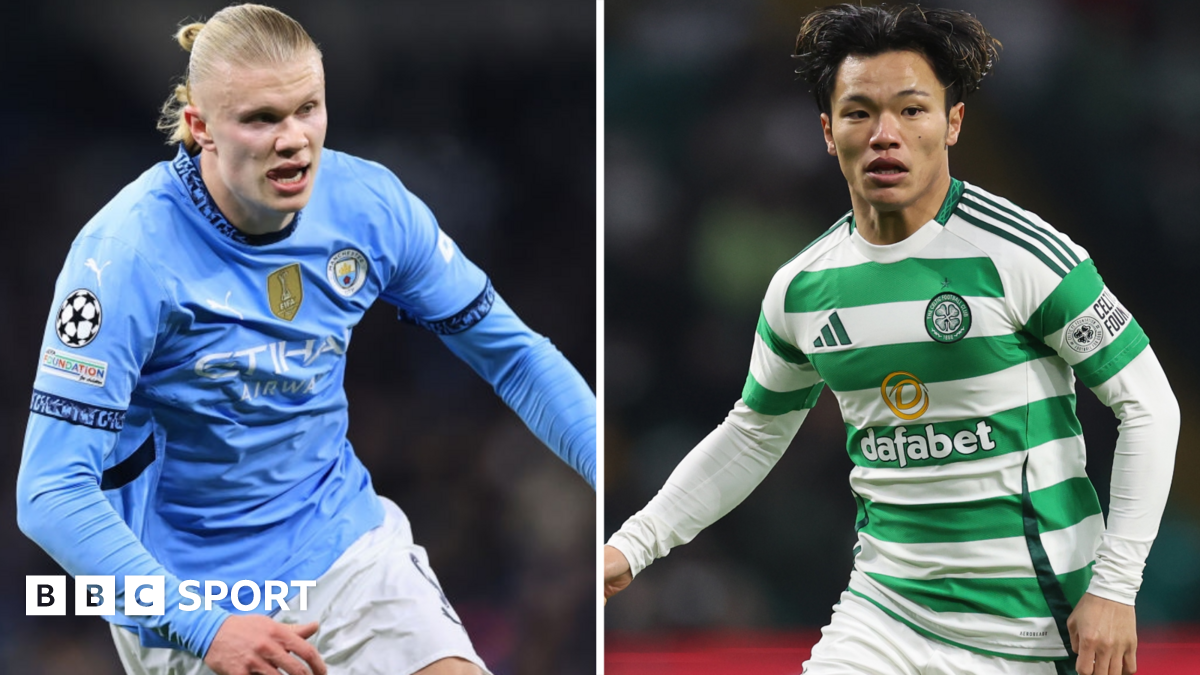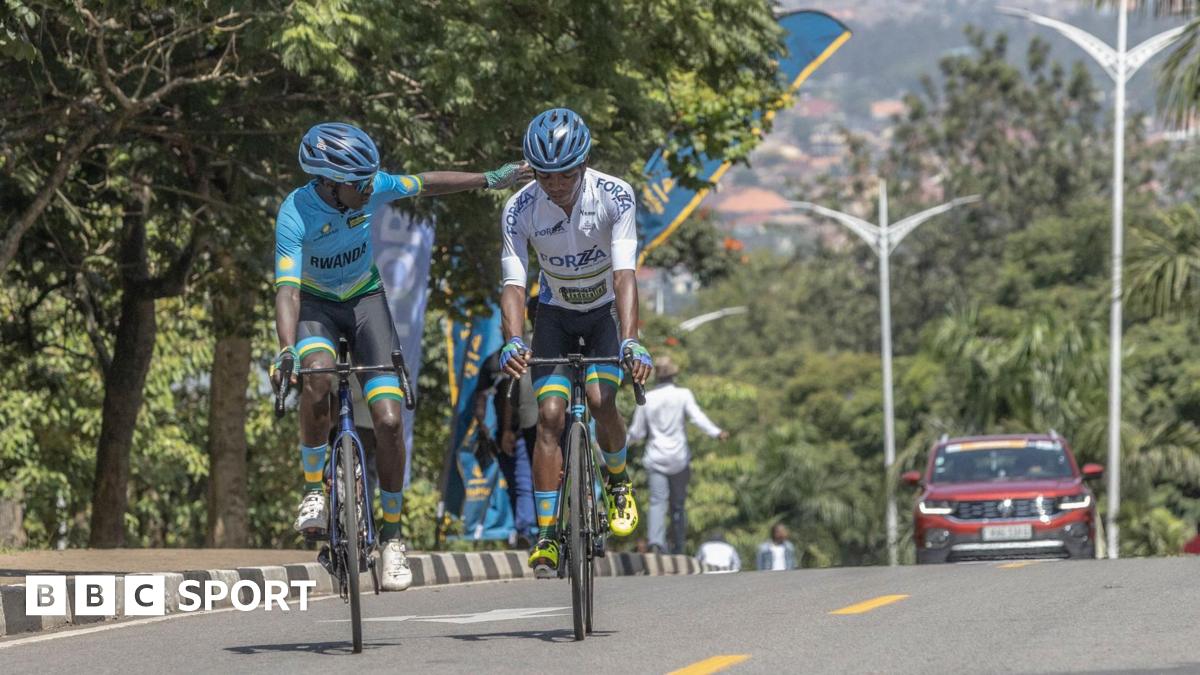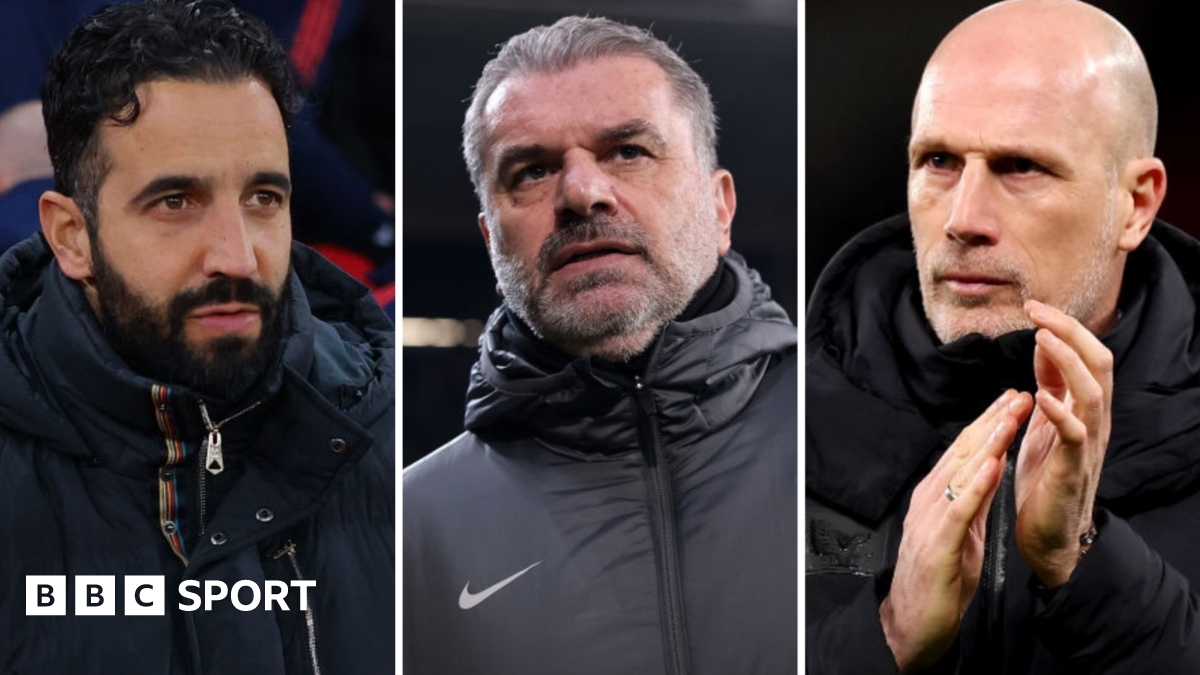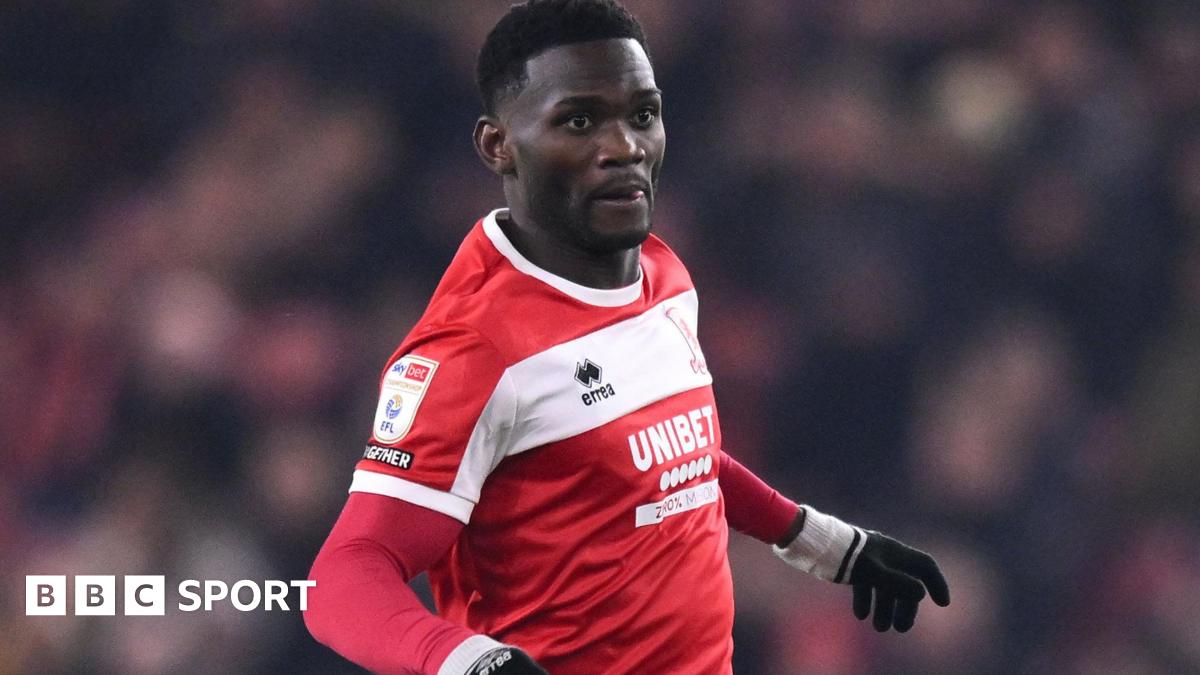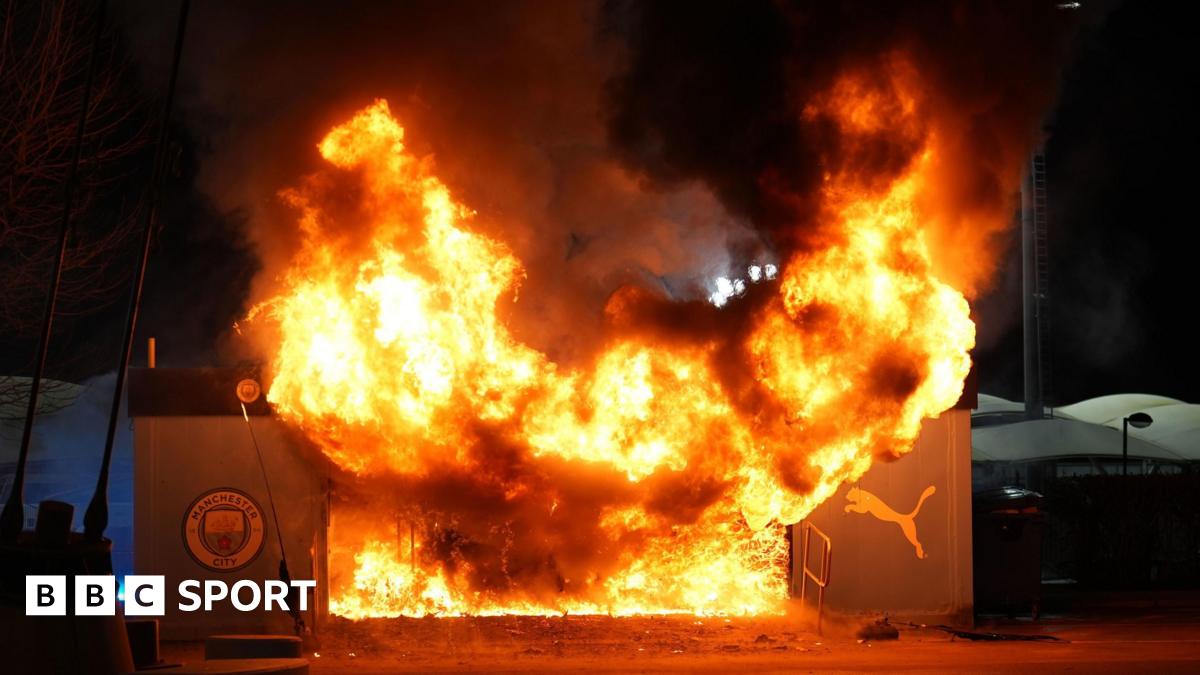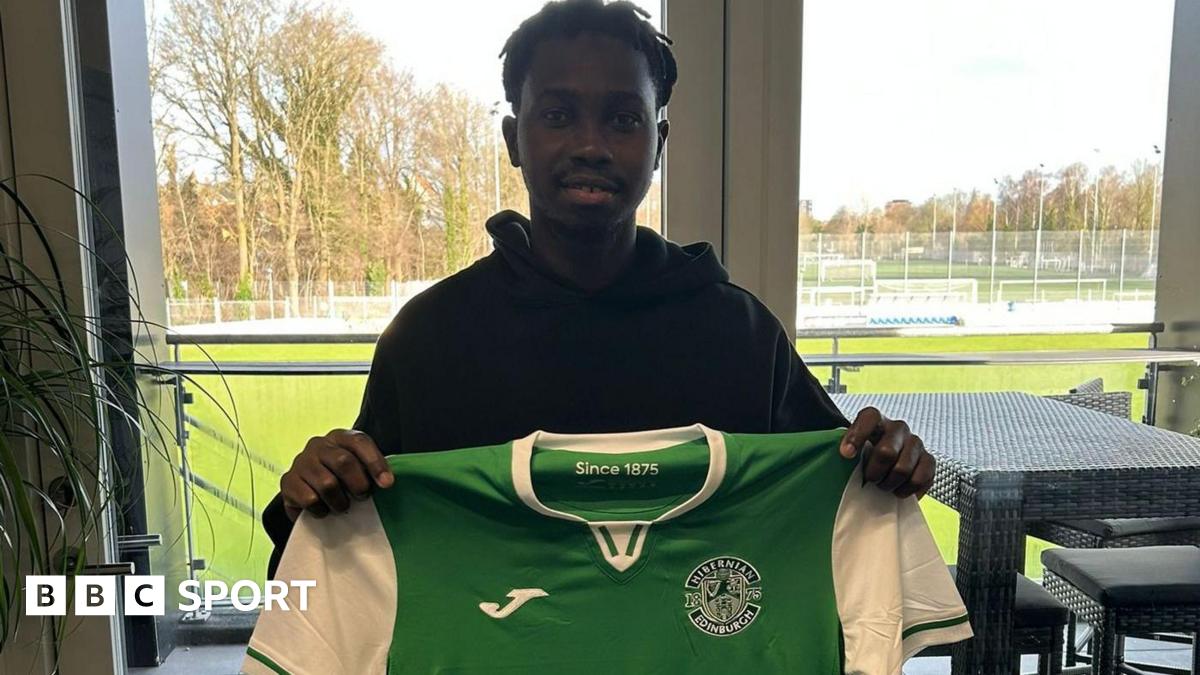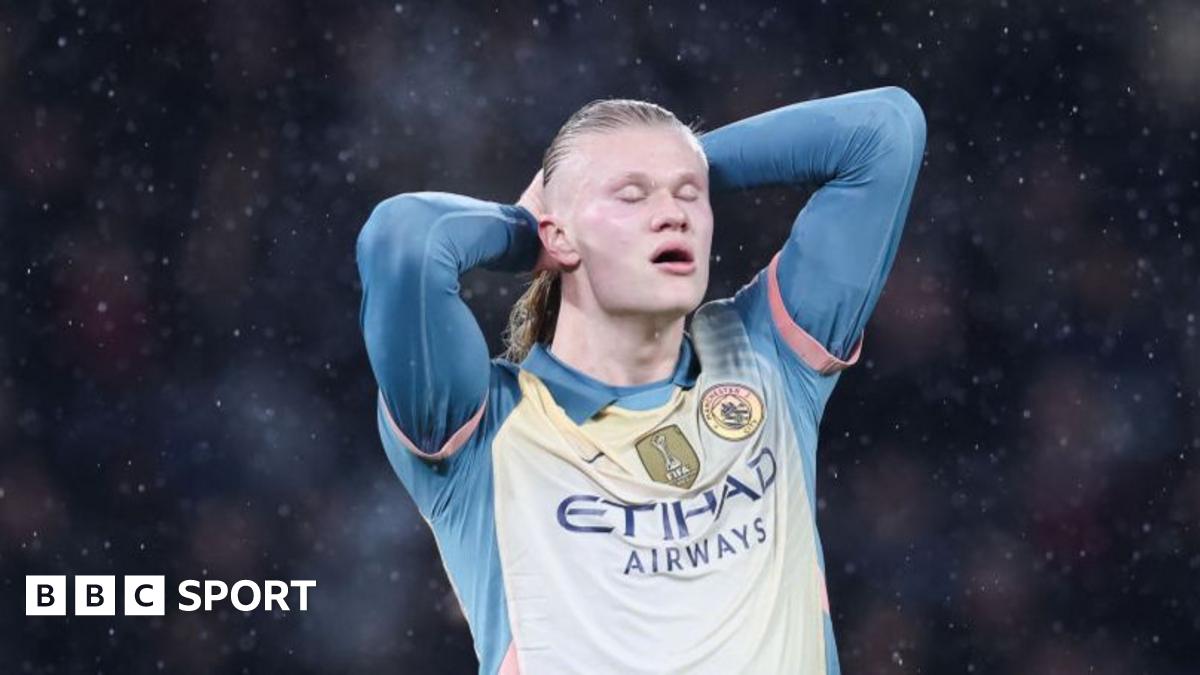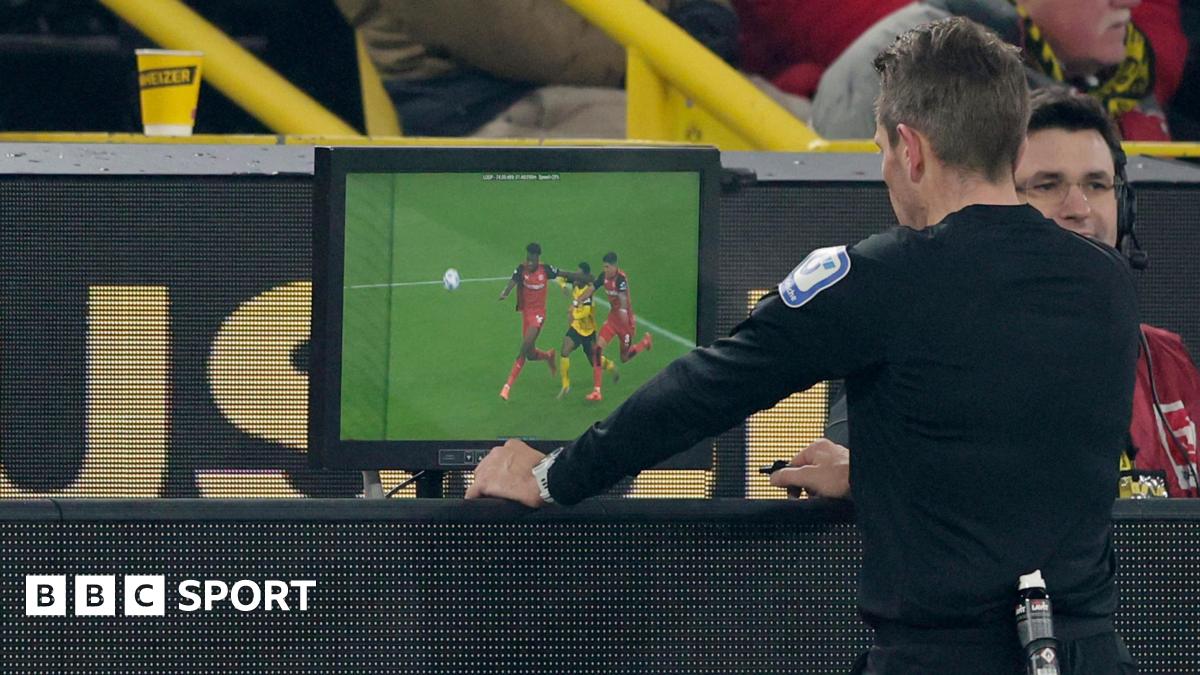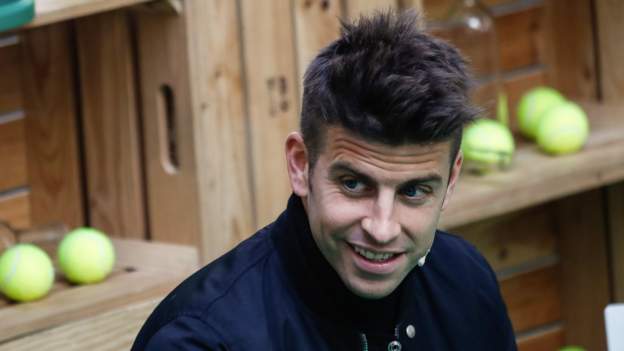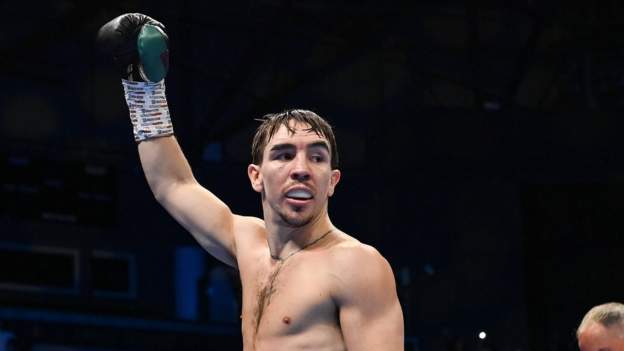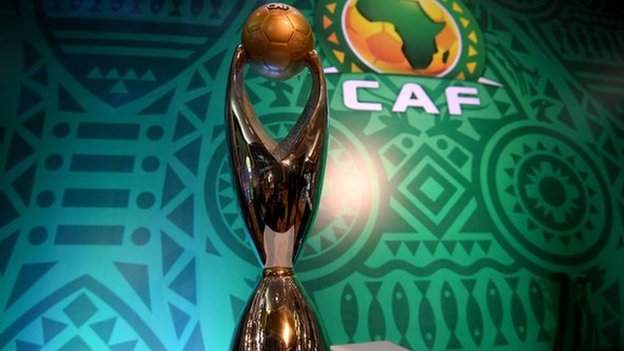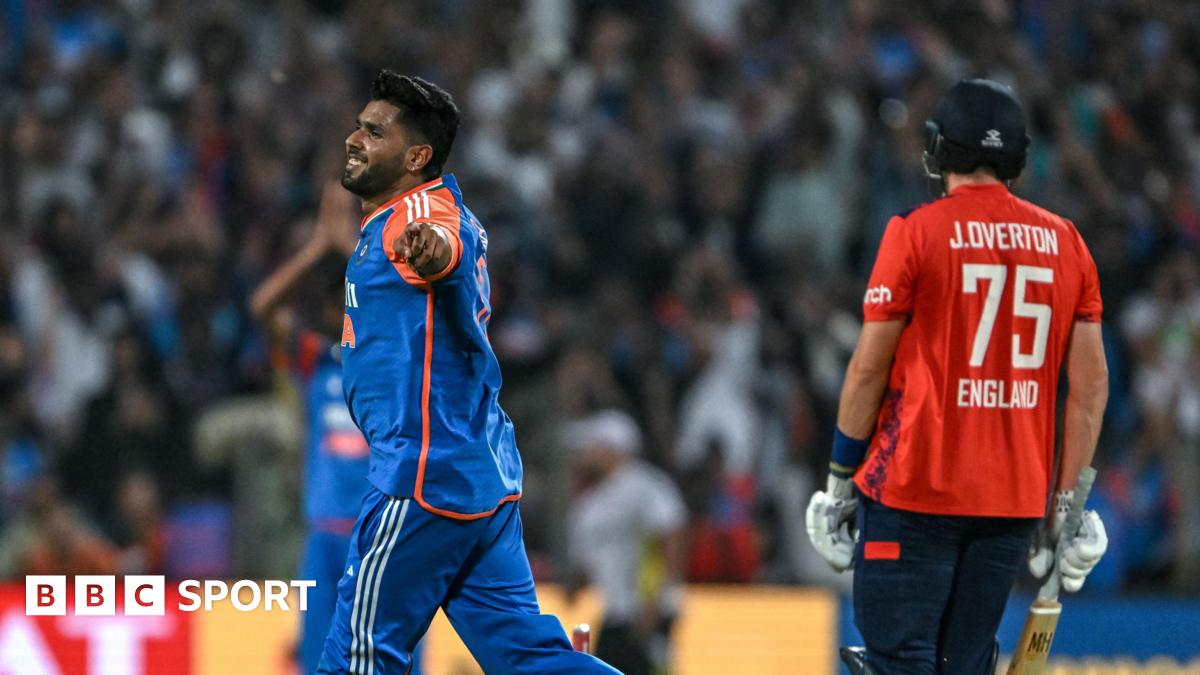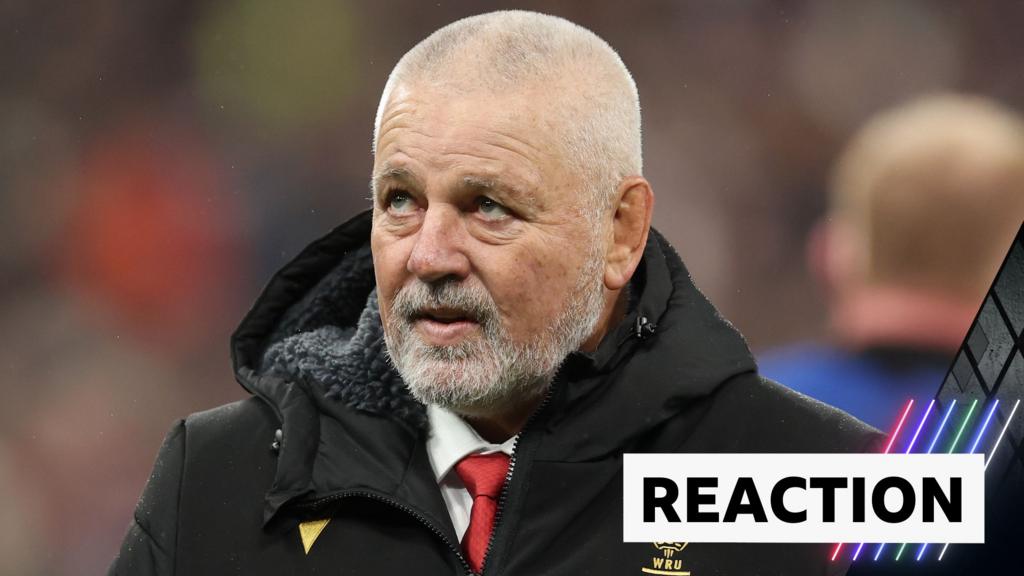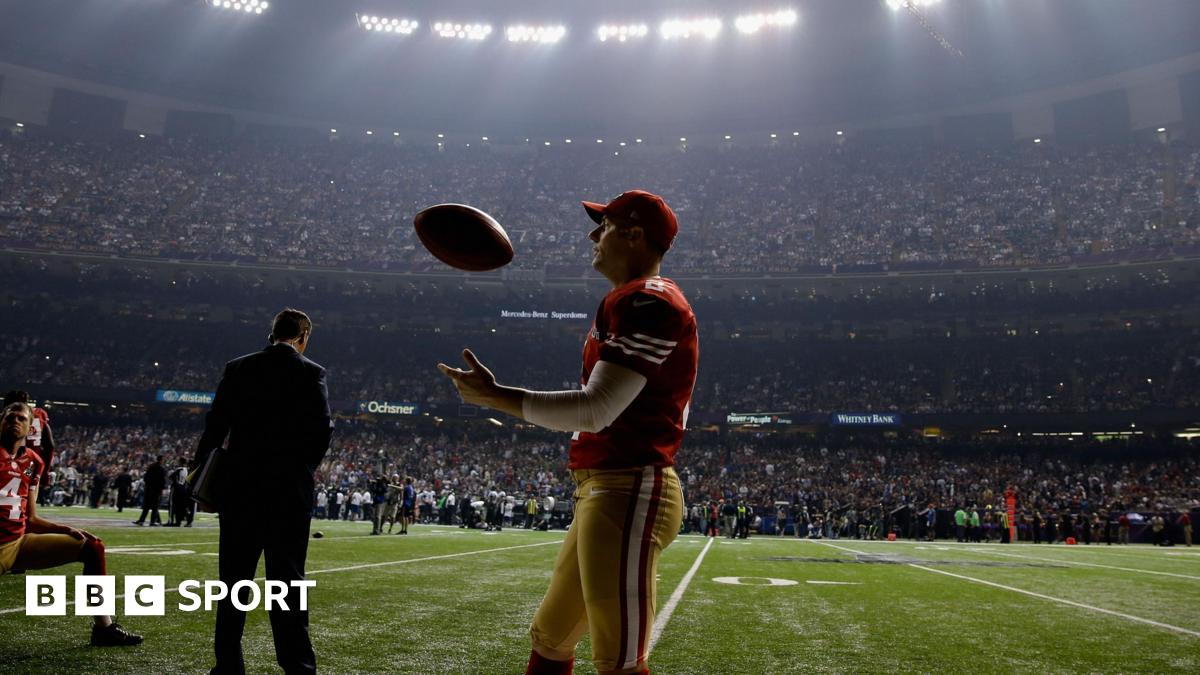| Dates: 16-29 January Venue: Melbourne Park |
| Coverage: Daily radio commentaries on 5 Sports Extra/BBC Sport website and app, with selected live text commentaries and match reports on the website and app |
The International Tennis Federation is to end its deal with ex-footballer Gerard Pique’s company to organise the Davis Cup after less than five years.
The ITF and Kosmos announced a 25-year, $3bn (£2.25bn) partnership in 2018 and have since made widespread reforms.
They included changing the format of the 123-year-old tournament to an end-of-season ‘World Cup-style’ event, which was controversial among players.
The ITF says it has “ensured financial contingencies are in place”.
The deal was also due to provide an extra $25m a year for tennis development globally.
The changes have had mixed results, with some low attendances and big-name players remaining absent.
Kosmos – founded by former Spain, Barcelona and Manchester United footballer Pique – were known to have lost tens of millions of dollars on the 2019 event.
Spain were the first winners of the Finals event when it was held in Madrid in 2019, ending the tradition of home and away ties.
After the 2020 edition was postponed because of the coronavirus pandemic it returned in 2021 in three cities – Madrid, Turin and Innsbruck – across 11 days.
Further changes were made in 2022 when teams played in a group stage in September, with the top eight qualifying for the Finals.
The Finals were set to be held in Abu Dhabi, a move which would have recouped significant funds for Kosmos, but it was instead held in Malaga.
Analysis – what next for Kosmos and the Davis Cup?
BBC tennis correspondent Russell Fuller:
The end came fairly swiftly. Kosmos finally realised what seemed blindingly obvious when the $3bn deal was struck – that it would be financially unsustainable – and tried to renegotiate.
The terms proposed were no longer to the liking of the ITF board, which will now need to develop new commercial partnerships to finance the Davis Cup and the global development of the sport.
Kosmos are understood to have paid a fee of $32m (£26.19m) to the ITF in 2022. The lucrative media deals predicted have not materialised, and the losses – exacerbated by Covid and an economic downturn – will have run into tens of millions of dollars.
Gerard Pique’s involvement with tennis now comes to an end, but Kosmos Management will still have a presence in the sport. They have just this week added Elina Svitolina, Andrey Rublev and Borna Coric to a roster of players which also includes Dominic Thiem.
Where does this leave the future shape of the Davis Cup? Those delighted at the news, and expectant of change to the format, are likely to be disappointed – at least in the short term.
The ITF seems broadly happy with a competition which starts with a qualifying round in February, gives four cities the chance to host the group stage of the Finals in September, and then concludes with the knockout rounds in November.
And there are contracts in place which should not be affected by the split with Kosmos. The Lawn Tennis Association (LTA), for example, has just begun a five-year deal to host one of the group stages of the Finals.
Kosmos’ stewardship of the Davis Cup has proved very emotive, and very divisive. But just because they are now history does not mean the old arguments will simply melt away.

